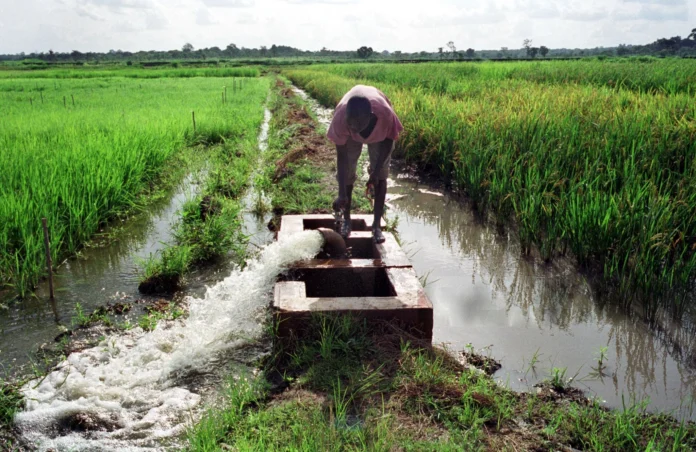ASTANA — In a significant step toward strengthening bilateral relations, Kazakhstan’s Majilis Speaker Yerlan Koshanov held high-level talks with László Kövér, Speaker of the Hungarian National Assembly, during Kövér’s official visit to Kazakhstan this week. The meeting, reported by Kazinform citing the Majilis press service, underscored a shared commitment to deepen cooperation across a broad spectrum of sectors … including energy, agriculture, trade, transport, and cultural exchange … while reinforcing interparliamentary dialogue.
This marks Kövér’s third visit to Kazakhstan, a testament to Hungary’s sustained strategic interest in cultivating a robust partnership with Central Asia’s largest economy. The visit builds on momentum generated in 2023, when Hungarian Prime Minister Viktor Orbán traveled to Astana and President Kassym-Jomart Tokayev reciprocated with a state visit to Budapest. Those landmark exchanges culminated in the signing of a bilateral agreement on interparliamentary cooperation—an initiative first advanced during Speaker Koshanov’s trip to Hungary last year.
In his opening remarks, Koshanov welcomed Kövér as a “valued partner” and emphasized that Kazakhstan and Hungary have entered “a new phase of strategic engagement,” driven by consistent high-level diplomacy and mutual trust. “The strong personal rapport between our leaders has laid a solid foundation for concrete collaboration,” Koshanov stated. “Our shared responsibility now is to translate these strategic agreements into legislative frameworks that deliver tangible benefits for our citizens.”
The Majilis Speaker highlighted Kazakhstan’s ongoing domestic transformation, referencing sweeping reforms outlined in President Tokayev’s recent State of the Nation Address. These include comprehensive parliamentary modernization, enhanced legislative oversight, and new laws aimed at bolstering economic diversification, transparency, and investment attractiveness. Koshanov noted that Hungary’s experience in EU integration and agricultural innovation could offer valuable insights as Kazakhstan pursues its own development agenda.
Discussions between the two parliamentary leaders also explored concrete avenues for economic synergy. Energy cooperation emerged as a focal point, with both sides expressing interest in expanding collaboration on renewable energy projects and energy security. In agriculture … a sector where Hungary boasts advanced technologies and export expertise … the delegations identified opportunities for knowledge transfer, joint ventures, and increased trade in agri-food products.
Transport and logistics were another key area of alignment. Given Kazakhstan’s role as a critical Eurasian transit hub and Hungary’s position as a gateway to Central Europe, the two nations see potential in enhancing connectivity through expanded rail and multimodal corridors, including under the broader framework of the Middle Corridor initiative.
Cultural and humanitarian ties were also on the agenda, with both speakers advocating for increased academic exchanges, tourism promotion, and people-to-people diplomacy to foster long-term mutual understanding.
In a symbolic gesture recognizing Kövér’s contributions to bilateral relations, Koshanov conferred upon him the Order of Dostyq (“Friendship”) on behalf of President Tokayev—one of Kazakhstan’s highest state honors for foreign dignitaries.
The parliamentary dialogue was complemented by parallel diplomatic engagements. Earlier in the week, Kazakhstan’s Deputy Foreign Minister Alibek Bakayev met with Márton Ugrósdy, Deputy Secretary of State in the Office of the Hungarian Prime Minister and Head of the Political Director’s Office, to coordinate on regional security, economic cooperation, and multilateral collaboration within international forums.
Analysts view the intensified engagement between Astana and Budapest as part of a broader recalibration of Central European and Central Asian foreign policies, with both nations seeking to diversify partnerships amid evolving geopolitical dynamics. As Kazakhstan advances its “multi-vector” diplomacy and Hungary deepens its outreach beyond the EU, the Kazakh-Hungarian partnership appears poised for substantive growth in the years ahead.












